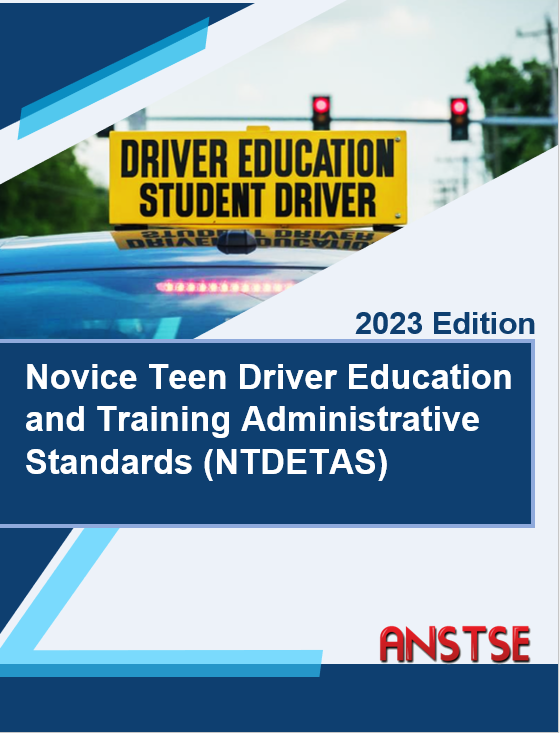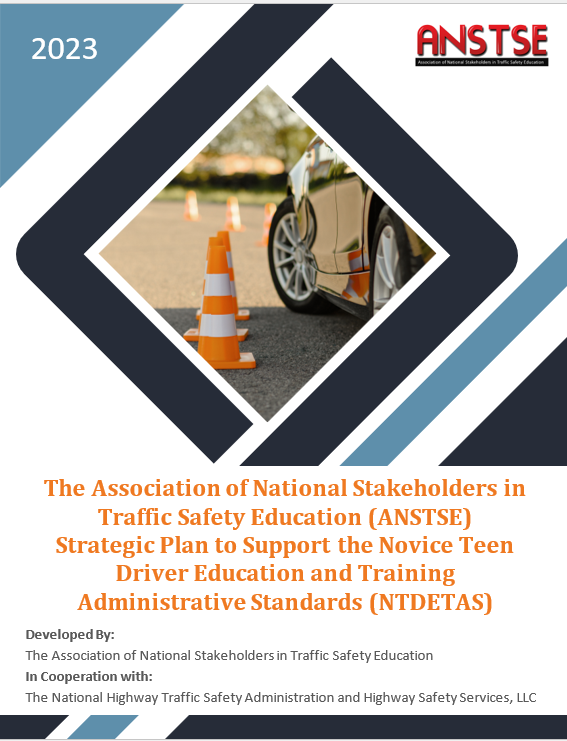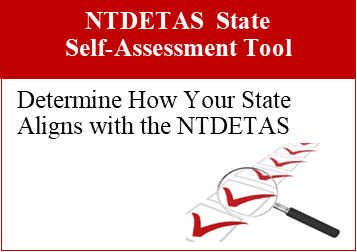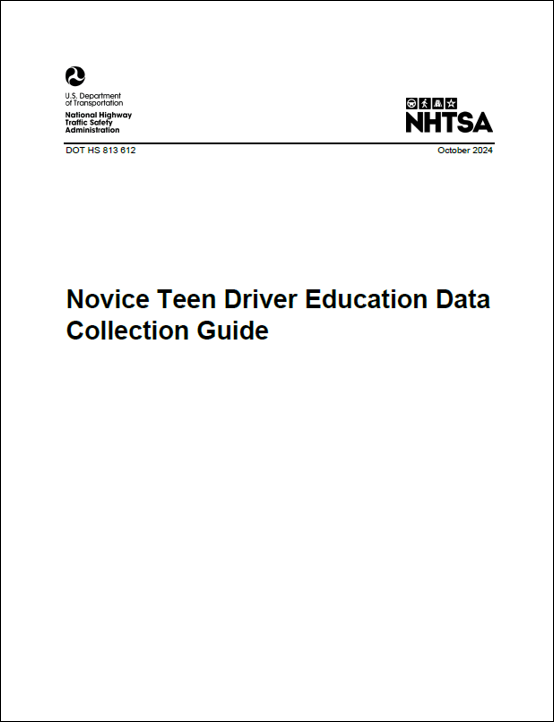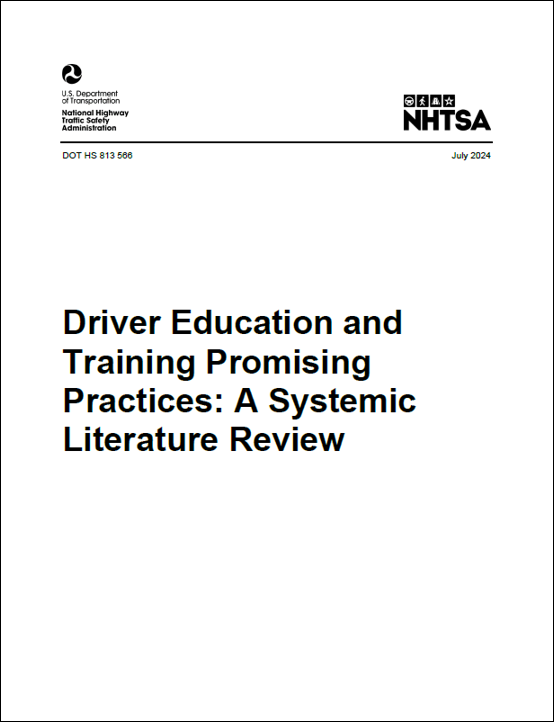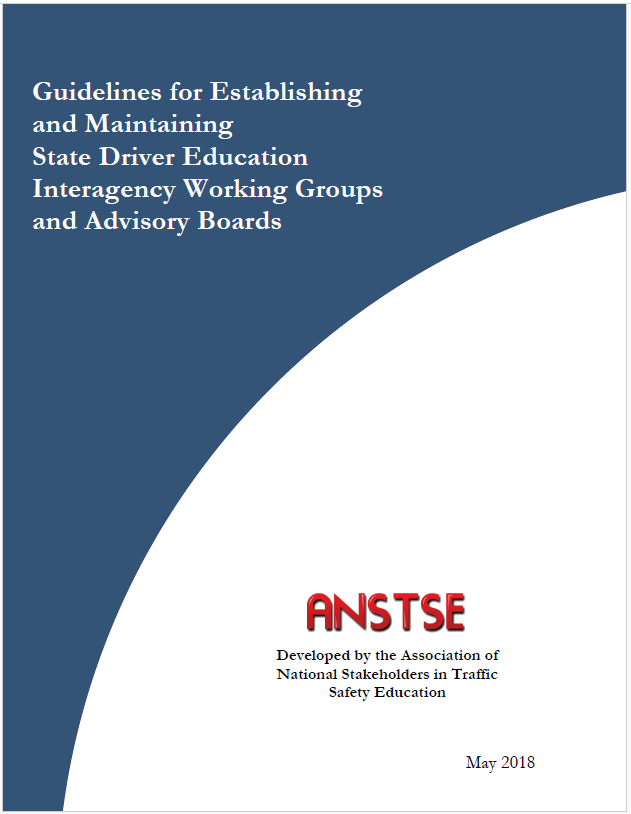Authors
Blomberg, R. D., Van Houten, R., Thomas, F. D., Korbelak, K. T. & Hilton, B. W.
Publisher
National Highway Traffic Safety Administration
Website Section
Driver Types
Methods
Naturalistic study of young driver driving patterns.
Abstract
This document contains the results of a NHTSA study examining Intelligent Speed Adaptation (ISA), which is a technology offering a promising approach to reduce speeding. A core principle for ISA systems is they provide real-time feedback to drivers, prompting them to reduce speed when some threshold at or above the limit is reached. The overall goal of the study was to provide insight into the effectiveness and acceptance of this technology among young drivers in the United States, Researchers conducted two separate studies with young drivers (18 to 24 years old) to examine its speed reduction effects. Overall, the studies demonstrated this technology showed promise for reducing speeding among young drivers in the United States, but more research was needed to further refine the system.
Reference
Blomberg, R. D., Van Houten, R., Thomas, F. D., Korbelak, K. T. & Hilton, B. W. (2015) Automated feedback to foster safe driving in young drivers, Phase 2. DOT HS 812 230. Washington, DC: National Highway Traffic Safety Administration.
Related Topics
Aggressive driving, speed, speeding, safe driving
Automated Feedback to Foster Safe Driving in Young Drivers, Phase 2

